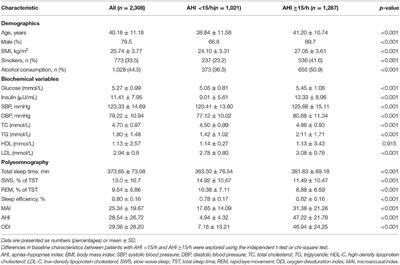EDITORIAL
Published on 05 Oct 2021
Editorial: The Complex Interaction Between Biological, Metabolic and Neurologic Dysregulation in Obstructive Sleep Apnea
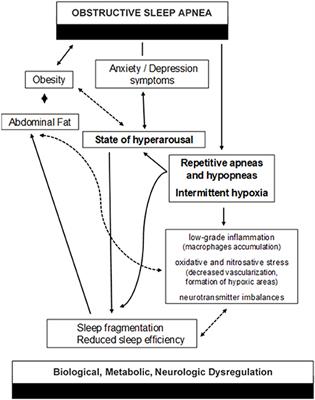
doi 10.3389/fpsyt.2021.770930
- 1,023 views
- 2 citations
8,346
Total downloads
34k
Total views and downloads
EDITORIAL
Published on 05 Oct 2021

REVIEW
Published on 22 Jul 2021
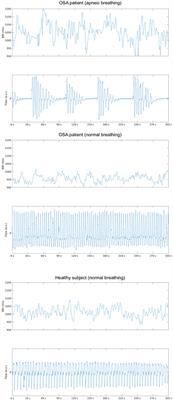
ORIGINAL RESEARCH
Published on 06 Apr 2021
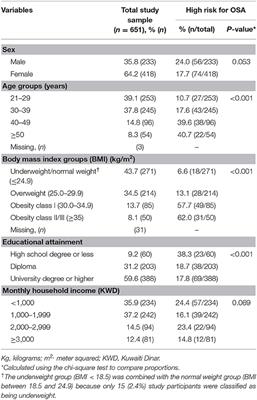
ORIGINAL RESEARCH
Published on 25 Feb 2021
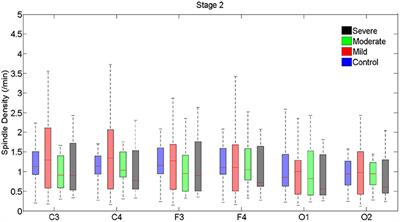
ORIGINAL RESEARCH
Published on 25 Feb 2021
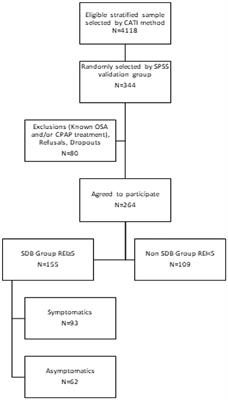
ORIGINAL RESEARCH
Published on 10 Feb 2021
